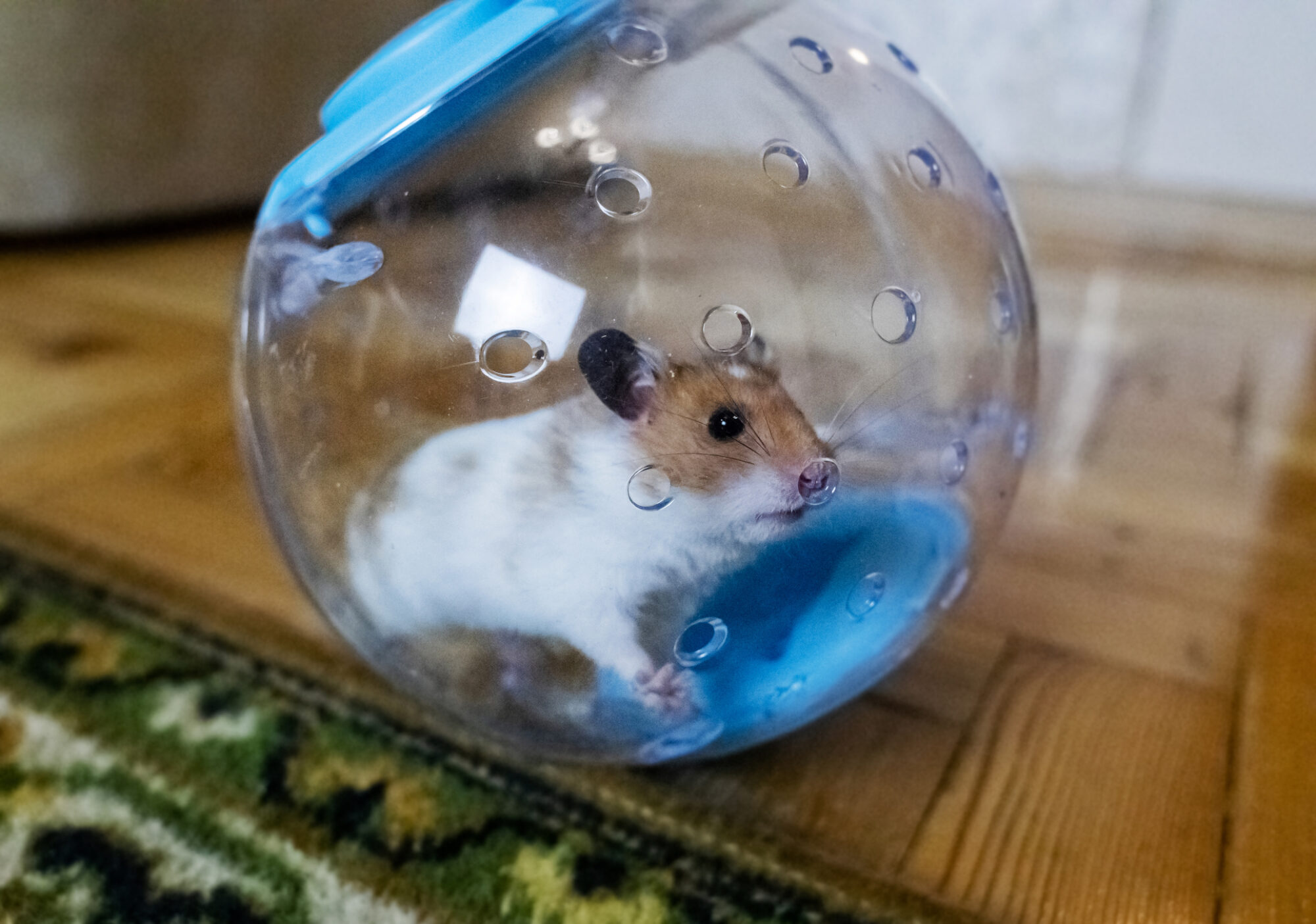Enrichment Ideas for Exotic Pets: Keeping Your Reptiles, Birds, and Small Mammals Happy Indoors

We are so lucky to see and treat the needs of various exotic pets, including guinea pigs, rats, sugar gliders, hamsters, and ferrets. An important aspect of animal husbandry is a special focus on the environment. Since your exotic pets live in captivity, it is critical to provide elements of physical and mental stimulation.
Safety and Security
Exotic pets have specific care requirements that, when fulfilled, help them achieve optimal health and wellness. In addition to providing an appropriately-sized habitat or enclosure, owners of exotics need to maintain a comfortable temperature, provide adequate shelter and bedding, and ensure safety and security.
The majority of illnesses and injury facing exotics are related to inadequate or improper husbandry. Please let us know if you’d like to schedule a Husbandry Evaluation to assess your pet’s lifestyle and environment and design a plan for effective care.
Natural Instincts
Removing the need for exotic pets to hunt, forage, evade prey, and endure weather extremes can negatively impact their lives. It is possible to enrich their lives by providing an environment that closely mimics the wild. Also, added components can trigger the use of their natural instincts and improve overall behavior.
Depending on your pet’s species and preferences, a safe, stimulating environment may include any of the following:
- Places to burrow, such as tunnels, dig boxes, or hide boxes
- Sand, leaves, bark, leaf litter, etc. to act as substrate
- Dense foliage and natural looking logs/sticks
- Perches, hammocks, stacked rocks, or branches to climb onto
- Food foraging possibilities
- Toys
Small Mammal Care
We encourage owners of exotic pets to get creative. As long as they are totally safe and secure inside their habitat, you can add or change items as a way to interact with them and keep life interesting.
- Move items around after cleaning day and watch them explore their new set up.
- Add new cardboard tunnels (toilet paper or paper towel rolls), and new materials for them to nest or play with and chew on.
- Provide them with an exercise wheel.
- Make a foraging buffet for them to choose from with hay, shredded paper, or grass.
- Try a cuddle toy for them to snooze with.
- Provide a variety of scrumptious, healthy treats, and hide them throughout the enclosure.
- Place some vertical hanging toys loaded with their favorite things and watch as they try to dislodge items like treats, grass, seeds, etc.
- Play some music, birds chirping, or other stimulating sounds.
- Mix up the substrate with new textures from time to time.
Why This Means So Much
Without exotic pet enrichment opportunities, boredom or frustration can lead to a variety of behavioral issues like self-mutilation, reclusiveness, and excessive chewing.
Try to introduce safe handling to your exotic pet so they learn to build trust and interest in human interaction. Also, if appropriate, adopt another same-sex species to add incredible value to both lives.
If you have additional questions about exotic pet enrichment, please call us at (817) 953-8560. Our team is always happy to help at Texas Avian & Exotic Hospital.
